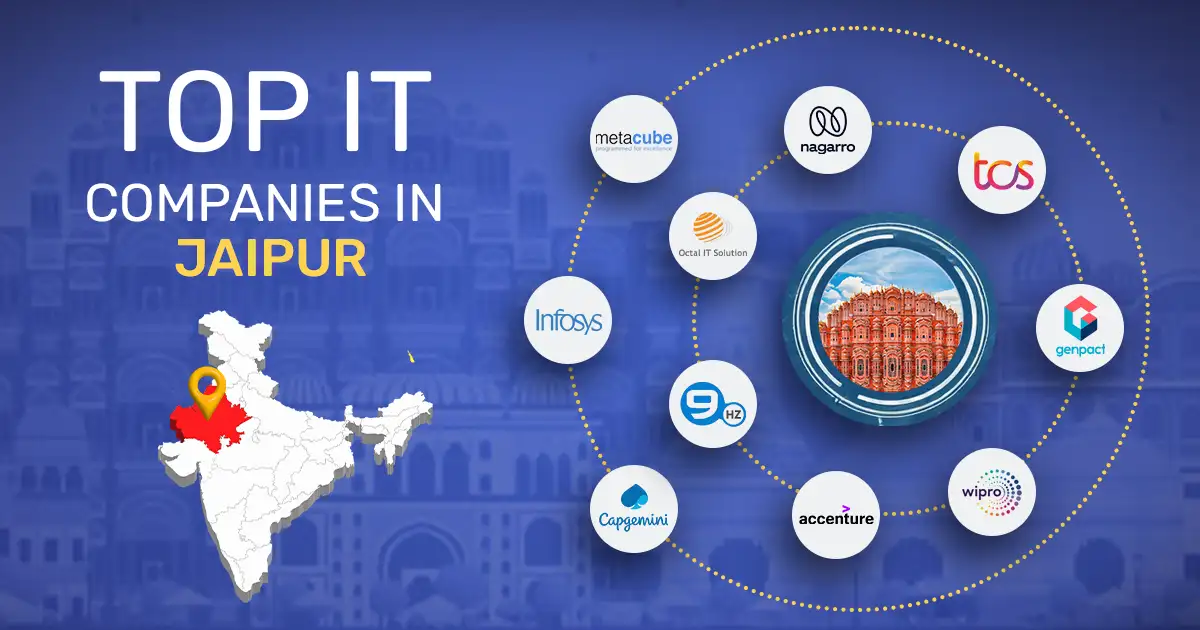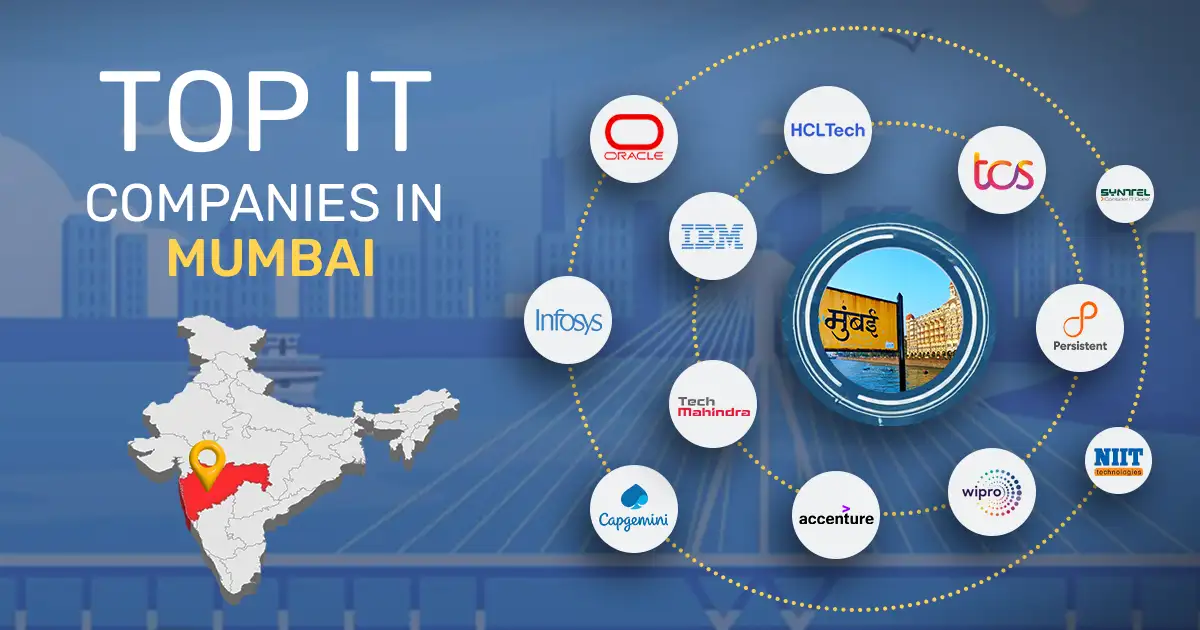
Introduction
Expanding your agribusiness into exports? The Agricultural & Processed Food Products Export Development Authority (APEDA registration) is a crucial step. But is the APEDA registration fees worth it? Let’s say you’re an organic mango farmer in Maharashtra. You just received an inquiry from a buyer in Europe, but without an APEDA certificate, your dream export deal won’t go through. Sounds frustrating, right? This is where agricultural export registration plays a vital role in ensuring hassle-free agricultural exports.
India’s agricultural exports reached $53.1 billion in FY 2022-23, reflecting an impressive growth trajectory. With international demand soaring for products like Basmati rice, processed fruits, and dairy, getting an APEDA certificate is more than a regulatory requirement—it’s a gateway to global markets. But how much does it cost? What is the APEDA application process? What are the APEDA benefits? How can you ensure APEDA compliance? Let’s dive in.
Also Read: Company Registration
What is APEDA Registration?
APEDA (Agricultural and Processed Food Products Export Development Authority) is a government body that regulates and promotes the export of agricultural and processed food products from India. Businesses involved in exporting fruits, vegetables, dairy, meat, cereals, organic products, and other scheduled goods must obtain APEDA registration to comply with international trade policies.
One of the key aspects exporters need to consider is the APEDA registration fees, which vary based on business size. The process involves submitting an application, providing necessary documents, and paying the APEDA registration fees online. Typically, MSMEs pay ₹5,000 + 18% GST, while large enterprises are charged ₹10,000 + 18% GST. The APEDA registration fees must be paid to complete the process and receive the APEDA certificate, which is valid for a lifetime.
The payment of APEDA registration fees is mandatory for exporters to access government benefits and market expansion support. Without timely payment of the APEDA registration fees, businesses may face restrictions in exporting agricultural products.
Why is APEDA Registration Important?
- Legal Compliance – APEDA registration ensures that exporters adhere to international trade standards. Payment of APEDA registration fees is a prerequisite for compliance.
- Market Access – Exporters gain access to global markets after completing their registration and paying the registration fees.
- Financial Assistance – Registered businesses can avail government subsidies, but only after paying the APEDA registration fees.
- Brand Credibility – An APEDA certificate enhances the reputation of exporters, making them more trustworthy in international markets.
- Government Schemes – Various promotional schemes and financial incentives are available for those who have completed registration and paid the APEDA registration fees.
- Export Growth – With APEDA registration, businesses can expand globally, and the APEDA registration fees serve as a small investment for long-term growth.
In conclusion, registration fees are essential for businesses seeking to export agricultural products. While the APEDA registration fees may seem like an added cost, they provide numerous advantages that help exporters thrive in international markets.
Who Needs to Register Under APEDA?
APEDA registration is APEDA registration is mandatory for:
- Exporters of scheduled agricultural and processed food products.
- Companies involved in agricultural export registration such as fresh fruits, vegetables, dairy, meat, and cereals.
- Agro-based startups and FMCG brands dealing in packaged agricultural goods.
- Businesses seek government incentives, subsidies, and market access support for expanding their agricultural export registration.
Exemptions:
- Small-scale farmers selling locally are not required to register. However, exporters must comply with APEDA norms for global trade to ensure smooth agricultural export registration.
For example, if a food processing company in Gujarat wants to export pickles to the US, it must obtain an APEDA certificate to meet international export standards. Likewise, a ghee exporter in Rajasthan planning shipments to Canada needs APEDA registration to comply with strict quality regulations for agricultural export registration.
Additionally, agricultural export businesses looking to export processed foods, organic products, and dairy items can benefit from APEDA certificate cost advantages, government subsidies, and financial assistance programs. Compliance with APEDA renewal fees ensures uninterrupted export eligibility, allowing businesses to expand into global markets seamlessly.
APEDA Registration Fees Breakdown
| Category | Fees (₹) | Remarks |
| Micro, Small & Medium Enterprises (MSME) | ₹5,000 + 18% GST | ₹5,900 total |
| Large Enterprises | ₹10,000 + 18% GST | ₹11,800 total |
| APEDA Renewal Fees | ₹5,000 – ₹10,000 + GST | Varies based on enterprise size |
The APEDA certificate cost is a one-time fee, but renewal is required for businesses seeking continuous export benefits. For example, a small tea exporter in Assam will need to pay ₹5,900 for initial registration, whereas a large agribusiness exporting processed foods will pay ₹11,800.
Additional financial incentives are available for APEDA-registered exporters, such as subsidies on export freight charges and market development programs.
Step-by-Step Process to Apply for APEDA Registration
Here are the steps to apply for the registration:
Step 1: Visit the APEDA Portal
Go to APEDA Official Website(https://www.apeda.gov.in/) and click on “Register as Member”.
Step 2: Fill the Application Form
Enter company details, IEC code, PAN, bank details, and product category.
Step 3: Upload Required Documents
Ensure all documents are in PDF or JPEG format for easy upload.
Step 4: Pay APEDA Registration Fees
Make the payment online via Net Banking, Credit/Debit Card, or UPI.
Step 5: Certificate Issuance
Upon verification, you receive the APEDA certificate via email within 7 working days.
For example, an organic fruit exporter in Kerala who wants to ship passion fruit to Singapore must follow these steps to obtain APEDA certification.
What Are the Documents Required for APEDA Registration
Below is the list of documents that are required for the registration:
- Import-Export Code (IEC) Certificate (from DGFT)
- PAN Card of the company/proprietor
- Bank Certificate & Canceled Cheque
- GST Registration Certificate
- Company Registration (LLP/Partnership/Proprietorship)
APEDA Renewal Fees, Validity, and Compliance Requirements
The APEDA certificate remains valid for a lifetime, but businesses must comply with regulatory updates to maintain their agricultural export registration.
For APEDA renewal fees, exporters must ensure compliance with export policies, maintain updated records, and adhere to APEDA norms to avoid any disruptions in their export business. Non-compliance can lead to penalties, suspension, or even certificate cancellation, affecting global trade opportunities.
For instance, if a rice exporter in Haryana fails to renew their APEDA registration, they risk losing export approvals, missing out on government incentives, and facing business disruptions in the international market. Keeping APEDA certification active ensures continuous export benefits, financial assistance, and seamless trade operations.
Conclusion
India’s agricultural exports are witnessing robust growth, with a projected 7-8% YoY increase, fueled by rising global demand for Basmati rice, organic products, dairy, processed foods, and cereals. To tap into these expanding international markets, obtaining agricultural export registration is necessary, and securing an APEDA certificate is the first step. However, exporters must be aware of the APEDA registration fees, which range from ₹5,900 to ₹11,800, depending on the business type. While this may seem like an additional cost, the investment opens doors to lucrative export opportunities, government incentives, financial assistance, and essential compliance benefits. The APEDA certificate cost is a small price for long-term approvals, seamless export procedures, and value-added APEDA benefits, including export subsidies, training programs, and quality certification assistance.
For exporters unfamiliar with the APEDA application process, navigating the complex paperwork and compliance requirements can be overwhelming. That’s where expert assistance comes in. RegisterKaro offers end-to-end support, ensuring a smooth and hassle-free experience. From guiding businesses on the APEDA registration fees and APEDA certificate cost to help with compliance and APEDA renewal fees, RegisterKaro streamlines the entire process, allowing businesses to focus on expanding globally rather than dealing with bureaucratic challenges.
With India’s processed food exports rising by 12% in 2023, exporters must stay APEDA-compliant to access government grants, enhance global credibility, and maximize profitability. Ready to get started? Reach out to us and make your compliance journey effortless, enabling you to scale your agricultural export business seamlessly. Contact our support team at support@registerkaro(dot)in today.
Frequently Asked Questions
Usually, it takes 7 working days after document verification.




